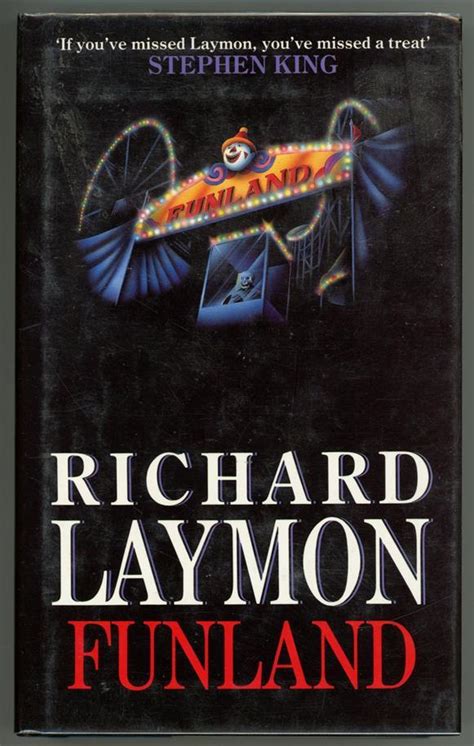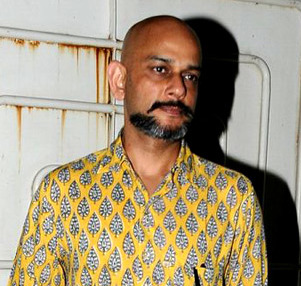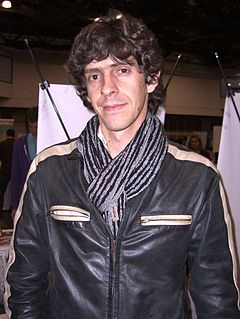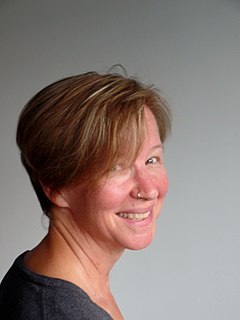A Quote by Richard Laymon
No book, no matter how good, has a chance of reaching a large audience unless the publisher SEES the book's value.
Related Quotes
What is striking is that from almost from the very beginning of certainly by September and October of 1963, as the book was being constructed, that [Alex] Haley was vetting - asking questions to the publisher and to the publisher's attorney regarding many of the things that Malcolm X was saying. He was worried that he would not have a book that would have the kind of sting that he wanted.
No one really knows the value of book tours. Whether or not they're good ideas, or if they improve book sales. I happen to think the author is the last person you'd want to talk to about a book. They hate it by that point; they've already moved on to a new lover. Besides, the author never knows what the book is about anyway.
No publisher should ever express an opinion on the value of what he publishes. That is a matter entirely for the literary critic to decide. I can quite understand how any ordinary critic would be strongly prejudiced against a work that was accompanied by a premature and unnecessary panegyric from the publisher. A publisher is simply a useful middle-man. It is not for him to anticipate the verdict of criticism.
The distinctions of what makes a book one genre or another can sometimes be a bit muddy, but generally it's a matter of projecting who the audience will be, which is a judgment that's based on the subject matter. 'Mainstream' is the cleanest label for a book that draws readers of both sexes and from a wide age-range.
I have no reverence for any book that teaches a doctrine contrary to my reason; no reverence for any book that teaches a doctrine contrary to my heart; and, no matter how old it is, no matter how many have believed it, no matter how many have died on account of it, no matter how many live for it, I have no reverence for that book, and I am glad of it.



































